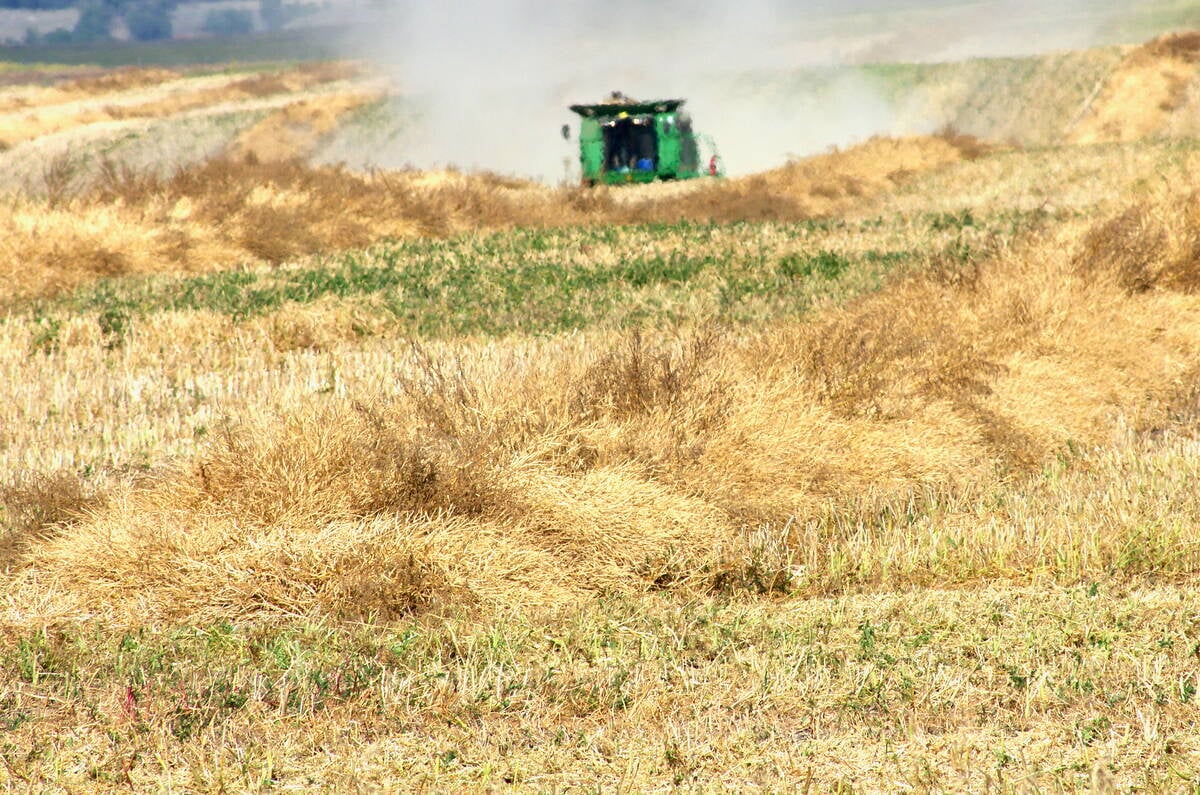PORTAGE LA PRAIRIE, Man. – Don’t get mad at environmentalists. Get Avery. Alex Avery, or his father Dennis are the forces behind the slightly radical, slightly right-wing Center for Global Food Issues.
The younger Avery was here last week to tell marketing club members that environmentalists have the wrong idea about how to save the earth. He said organic farming will only ensure that more wildlife habitat is lost as farmland is carved from forests. But high-yield farming “has an ace in the hole.
“If the world opts for low-yield farming and continues to bar farm trade, we will lose tracts of wildlife habitat and wildlife,” Avery said.
Read Also

Manitoba searches for Plan B on canola oil exports
A new report explores Manitoba’s current canola oil trade and possible alternative markets to the U.S.
Armed with statistics, studies and lots of footnotes, the Averys have been spreading the message to farmers that they’re doing the right thing for the environment through high-yield farming. The centre, founded by the elder Avery, is part of the Hudson Institute, a think-tank in Virginia.
More food means more feed
Their argument goes like this:
- Population growth is slowing down, but it still may double before it levels off. Because countries like China, India and Indonesia are becoming more affluent, they’re eating more meat. This requires more feed. “We must be prepared to nearly triple the output of land and water we have in farming by 2030,” said Avery.
- If output is to triple, there has to be free trade so North America can use its climate, crop land and infrastructure for high-yield farming.
- Organic farming that is currently in vogue requires twice the acreage to maintain current yields. This could mean tearing up wildlife habitat for fields and “the end for certain species.”
Avery said the Hudson Institute pays his father a small salary each year and the rest of the funding for the centre comes from speaking engagements. Avery said the centre has no political or industry ties.
He said his father worked for the state department of agriculture for 10 years and developed his thesis from research and reading.
Avery said his message meets with a lot of skepticism. “It’s almost too obvious,” he said. Environmentalists are particularly skeptical because they are committed to “philosophical ideals,” he said.














